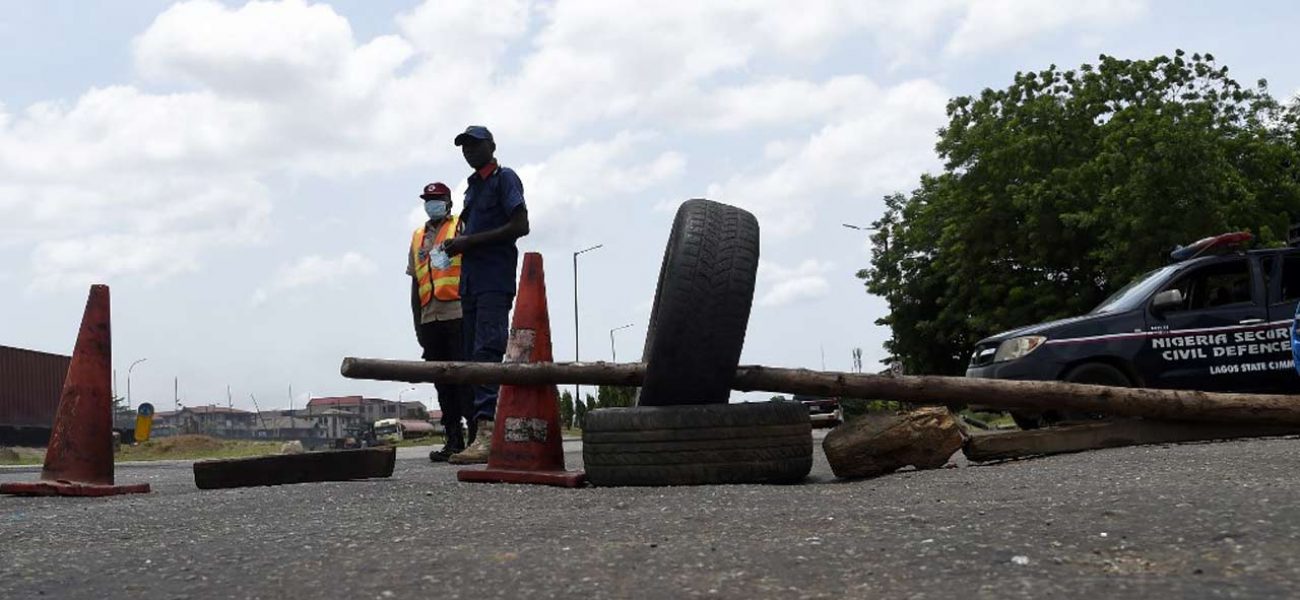Countries have devised a way to forge past the COVID-19 pandemic and its effects. Certainly, it will not be business as usual. After five weeks of lockdown, the country on May 4, began phased re-opening. The Presidential Task Force (PTF) on COVID-19 in Nigeria announced that re-opening the country’s economy will be implemented in phases, spanning across six weeks, divided into three phases of two weeks each. Progression to the next phase is dependent on the evaluation of a current phase, which may inform the government’s decision to tighten the lockdown, remain at a current phase or move to the next phase. According to the PTF, the phased strategy aims to reduce the pains of socio-economic disruptions while strengthening the country’s public health response, and providing succor to the poor and vulnerable. Phase one of the reopening process is set to commence on Monday, May 4, with the resumption of select businesses and activities.
President Buhari had earlier announced an ease of the lockdown order, stating that Federal and State Governments would work on balancing the protection of public health while preserving livelihoods. Chairman of the PTF and Secretary to the Government of the Federation (SGF), Boss Mustapha further buttressed the point made by the President, that State Governments have the discretion to choose how to tailor the new measures to the unique circumstances prevalent in their respective States, adding that relevant trade associations should be engaged at State level for orderly and effective implementation. He also called on security agencies to strictly enforce these new measures. Mustapha underscored the need for management of offices to take precautionary measures, such as decontaminating and fumigating their environments, providing hand sanitisers, making arrangements for physical distancing and ensuring mandatory use of face masks, ahead of resumption. In addition to this, mandatory temperature checks will be conducted in public places. He also urged organisations to give special consideration to Persons with Disabilities (PWDs). The Minister of State for Labour and Employment, Festus Keyamo, speaking on the commemoration of the 2020 World Day for Safety and Health at Work on Tuesday, April 28, also stressed the need for employers to ensure good hygiene of their workplace, while enjoining employees to adopt safe and healthy work behaviours.
In Lagos State, the epicentre of the COVID-19 outbreak in Nigeria, the State Government has announced guidelines for the gradual ease of the lockdown. Businesses that are to operate within this period, including corporate firms, banks and markets are to open between the hours of 9am and 3pm. The timeframe appears realistic if residents of the high density State are to meet up with the 8pm-6am curfew. These businesses are to have a maximum of 60% of their staff capacity, while other non-essential workers continue to work remotely from home. However, public officers from levels 1 to 12 are to work from home unless otherwise directed by Accounting Officers of the various State ministries. Commuters are mandated to wear face masks and observe social distancing while queuing to board buses. Buses are to be loaded to a maximum of 60 per cent of their full capacity and avoid using air conditioners. Food vendors are to offer only take-out and delivery services. Schools, worship centres and entertainment centres, beauty salons and public parks remain closed. The State also has whistleblower channels to receive reports of non-compliance with the new directives.
The Federal Government directed civil servants from grade level 14 and above, as well as staff providing essential services to resume on Monday, May 4. Offices are to open three times in a week (Monday, Wednesday and Friday) and close at 2pm. According to the Head of Civil Service for the Federation, Folashade Yemi-Esan, Federal Secretariat complexes have been decontaminated while plans are underway to do same in other public offices.
The guidelines and recommendations for re-opening the economy as given by the Federal Government:
- Phase one of the process is set to commence on Monday, May 4
- Curfew hours are between 8:00pm and 6:00am and opening hours for selected offices are between 9am and 2pm.
- Persons below the age of 15 years and persons who are 50 years and above and/or have a history of underlying health conditions are advised to stay at home.
- Non-essential inter-state travel is prohibited.
- Facemasks are to be worn compulsorily by all persons and social distance guidelines are to be maintained.
- All agricultural activities and select public construction work across 26 States of the Federation are to commence in this phase, with adequate health and security guidance provided by State governments.
- Local markets will be allowed to operate twice a week between 10.00 am and 4.00pm. Abattoirs are to operate on market days. Neigbourhood markets are to open three times a week, for longer hours but in adherence to the general curfew hours. Market associations have the responsibility to control the number of people in the market per time, and strict sanitation protocols are to be observed before entry into the market.
- Movement of vehicles must be restricted to intra-state travel, except for movement of food, construction materials and critical resources. Vehicles used to transport such resources would be limited to 3 persons, inclusive of the driver.
- The occupancy rate for buses is a maximum of 50 per cent. Use of face masks and sanitisers is compulsory for all drivers and passengers. State Ministries of Transportation are responsible for engaging road transport unions to discuss modalities and enforce regulations for transport work rotation, that is alternating work days.
- The ban on passenger flights remains. However, transportation of air cargo will be allowed to aid movement of goods and services across the country.
- Eateries and restaurants are to operate only takeaway services, while roadside vendors are restricted to their neighbourhoods and adhere to the curfew hours.
- All schools, sport gatherings, religious gatherings, hospitality and social services remain prohibited in this phase.

